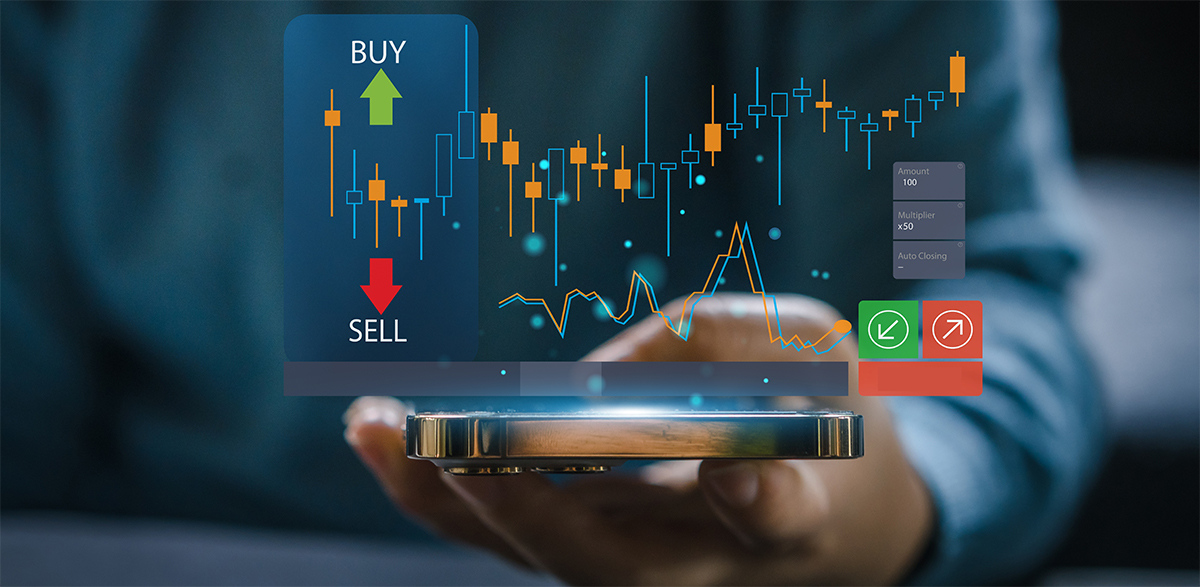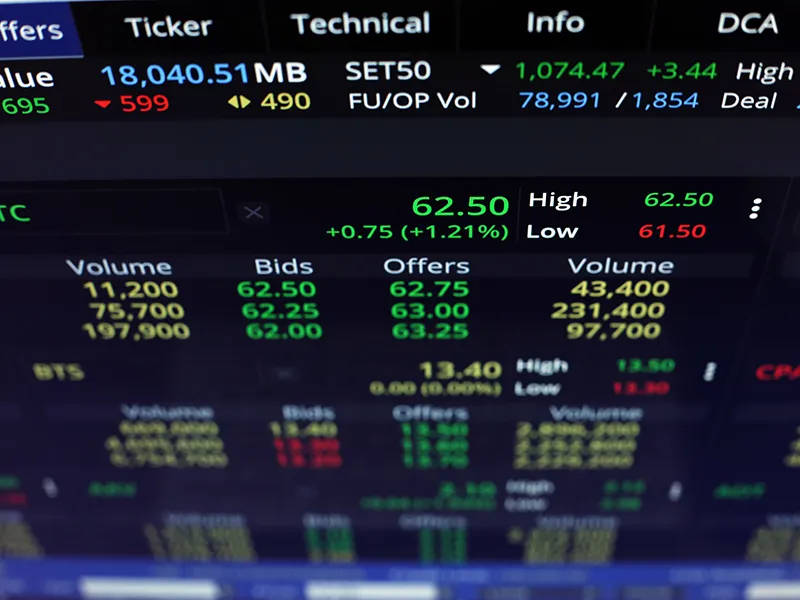
If you have ever bought a stock, you will know that stock prices are dynamic, meaning they constantly change. The continuous rise or fall in stock prices is due to changes in the stock’s demand and supply among buyers and sellers. Sellers consider the rate at which it will be profitable to sell a stock and accordingly set its buying price, whereas buyers quote a price that will make the deal profitable for them, also known as the bidding price. Once the buyers and sellers determine their rates, stock exchanges help to match the same such that both the parties can reach a mutually beneficial price target. The price at which a stock sale is finalized is known as the Last traded price or LTP.
Let us now understand the concept of LTP in detail.
What is the Last Trading Price, LTP
LTP or Last Traded Price is:
- the price at which the next stock sale takes place.
- the price of a stock at which the last stock transaction took place.
- a number of the past.
- a reliable metric for assessing a stock’s value.
- used to understand how stock prices have fluctuated in the past.
- helpful in determining the future fluctuations in stock prices.
LTP of a stock moves with every successful transaction. Since LTP is applicable for a very short period, usually a fraction of a second, it does not make for a fool-proof method for determining future stock selling price. However, LTP is mostly used to determine the value at which a stock is perceived to be sold and estimate the potential price range of a stock as per its past trading history.
How to estimate a stock’s Last Trading Price/LTP?
Contrary to how retail products are sold at MRP or maximum retail price, a stock is transacted as per its LTP or last transacted price since stock prices keep fluctuating almost every second.
Thus, LTP is different from MRP. LTP is practically determined by investors and traders, whereas MRP of various products is fixed by the government/manufacturer/producer.
If an investor or trader wants to sell a stock, he/she will first have to place a sell order with a price estimate based on the stock’s recent price and performance interpretation. Once a buy order fulfills the criteria of this sell order, the trade is finalized and executed. Thus, the price at which the stock gets sold is considered as the last traded price.
An important point to note here is that LTP is never stable or stagnant and is constantly driven by market sentiments.
How is trading volume used in determining LTP?
Stock trading volume is essentially:
- the total number of shares that are being bought and sold
- a valuable metric used in estimating the LTP
- used in determining how close the asking price must be to the current trading price for it to be called the LTP
Stocks that enjoy higher trading volumes often have less volatile prices, since it will not be significantly impacted by market fluctuations. This, in turn, indicates that buyers and sellers of the stock can quote desired bid and ask prices for the stock.
It is important to note that LTP can be determined only if an actual transaction takes place, since it is dependent on the last price at which buyers and sellers exchanged the stock.
Why is LTP important in stock markets?
LTP is crucial in determining stock-related attributes like the stock price direction. Let’s understand how:
Suppose there are currently three sellers for stock A with asking prices as:
- Rs. 100,
- Rs. 101, and
- Rs. 105.
The buyers, on the other hand, quoted Rs. 100 for Stock A. Upon realizing that there are no sellers at this price, they are ready to increase their bid price to Rs. 101. Thus, the price of Stock A is now Rs. 101.
Seller number 3 did not find any buyers at Rs. 105. Therefore, he/she revises the ask price to Rs. 101 as per the last traded price.
In a real-life scenario, the stock markets see thousands of such transactions being executed at the same time and the stock prices keep fluctuating as per the volume of executed transactions. Thus, LTP acts as an indicator of real-time stock price movements.
LTP (Last Traded Price) is a reflection of the demand and supply of a particular stock in the market. If demand for a stock is high, its LTP rises and this can lead to an increase in its stock price. On the other hand, if there is low demand, the LTP decreases and this can cause the stock price to fall. LTP is an important indicator of market sentiment and can influence the decision of investors to buy or sell a particular stock.
Conclusion
Investors and traders can derive a lot of information about a stock from its LTP. The LTP helps in determining whether a stock is worth buying or selling and whether it has delivered expected profits in the past. LTP is a crucial tool often used to ascertain the flow of the stock market and understanding stock price behavior or pattern.
FAQs
LTP or last traded price allows stock market buyers and sellers to determine the right bid and ask prices and easily place a market order. While LTP helps in easy execution of orders through right price ranges, stock markets can constantly fluctuate and there is no guarantee that the orders will be executed at desired prices.
The closing price of a stock is the weighted average of all prices quoted in the last 30 minutes of the trading hours on a given trading day. Thus, it is the price at which the stock closes at the end of trading hours and should not be confused with the last trading price or LTP.
There are various risks involved in stock market trading, some of the common ones being a risk of loss, interest rate movements, sector specific risk, economic uncertainties, business risk, etc.
You can check real-time stock prices on Fisdom app or NSE/BSE websites.
To find out the true value of a stock, inventors and traders often rely on a fundamental analysis of the company. This involves usage of various financial ratios to gauge the stock’s intrinsic value.


























